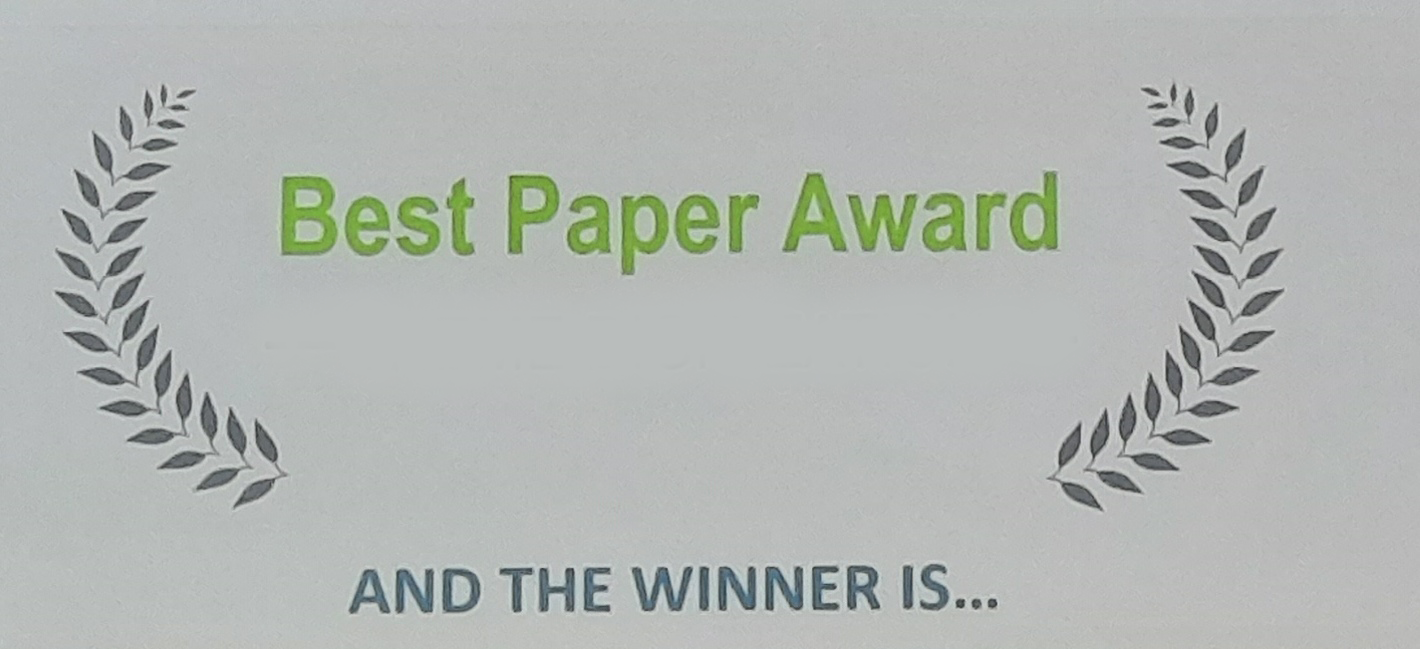A structured approach to online education of future HVAC and energy professionals
DOI:
https://doi.org/10.34641/clima.2022.401Keywords:
On-line education, HVAC, Building services, Professional program, MOOCAbstract
The HVAC sector is essential to realize the energy transition and is facing numerous challenges like educating enough HVAC engineers to carry out the task and being able to integrate knowledge from the construction, energy, IT and health sectors and to cope with rapid technological changes. The availability of structured and easy-to-follow courses on HVAC and energy systems for buildings at higher education level could help to motivate (future) engineers to contribute to the HVAC sector, and to understand how challenging and high-tech it is. Such a course program would ideally also bring a basic understanding of the field to architects and building engineers, in such a way that a better common ground is created for collaboration and integrated design. It would also be useful to Machine Learning and Artificial Intelligence experts joining the HVAC sector. Last but not least, it could help bridging the gap between engineering and policy making, by here too, offering common views on primary energy, resource depletion and CO2 emissions relating to HVAC systems. The paper describes the structure and content of such an on-line course program. It was developed based on years of teaching experience with international master students of Mechanical Engineering, Civil Engineering, Architecture, Technical Management and Policy, Electrical Engineering and with professionals from housing associations, ministries and municipalities. The choices for the program structure, based on systems engineering, are underpinned and explained, as well as the choices for specific contents. Additionally, experience with the development of self-assessment tools for students, and self-paced courses is shared, as well as the feed-back from students. A first version of the course program was tested on the edX platform with more than 5000 students participating in each module and is publicly available.




